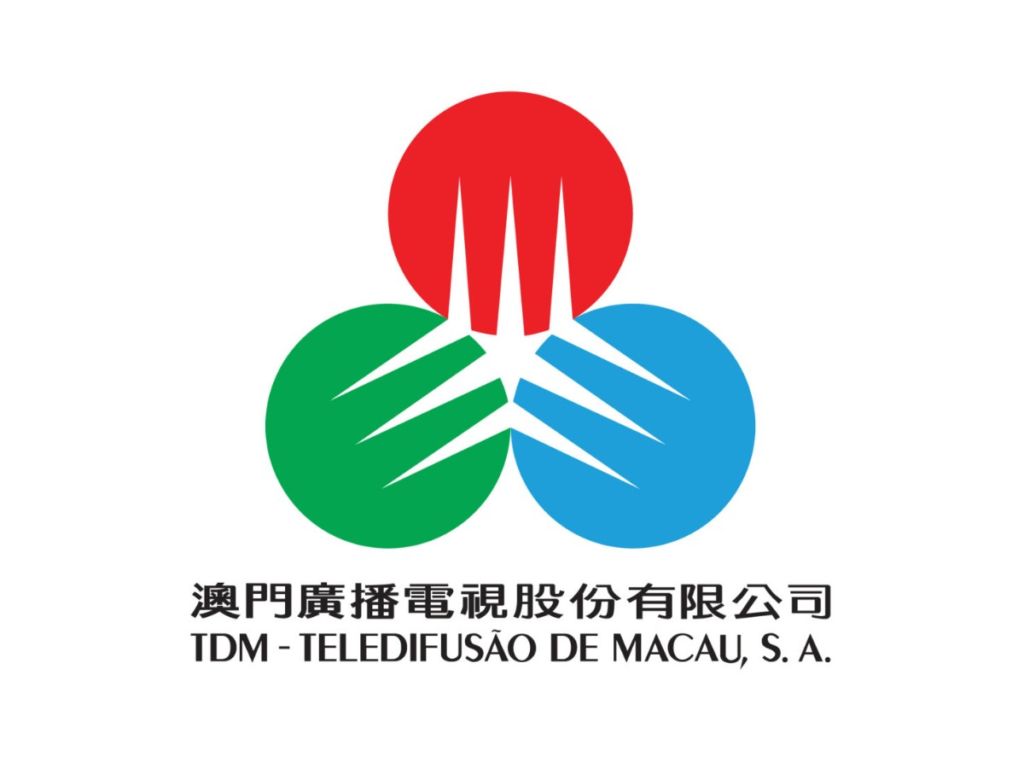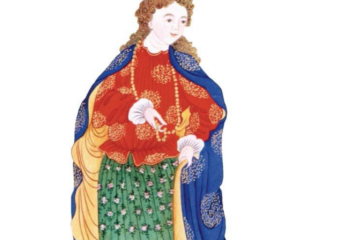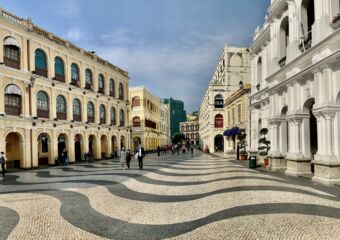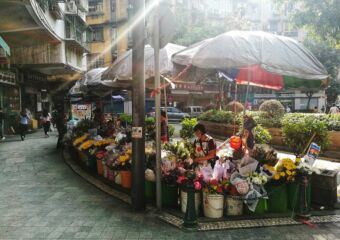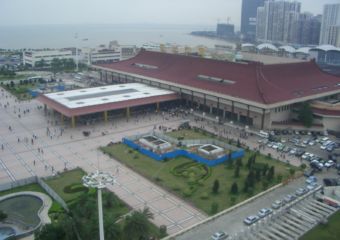Source: Macao SAR Government Portal
Teledifusão de Macau (TDM) is Macau’s first broadcast network ever and its history is much more interesting than one might think since it was an independence of the territory in terms of news. Before TDM, the people of Macau only got their news from Hong Kong. TDM’s history started in the 80s and lives on until today.
The (Broadcast) Independence Day
May 13, 1984: live and in color, Macau residents sat down to watch the first-ever emission made in the city. The high dependence on the news and programs of Hong Kong broadcasters was finally over. TDM, or Teledifusão de Macau, has started its operations.
In a studio with the bare essentials when it came to equipment, and in the same place as it operates today, Portuguese and Chinese professionals put into work the first news bulletin. The very first program to be aired, presented by Jose Alberto Sousa and Marina Tang, side by side, in Portuguese and Cantonese–“TDM channel” became the first and only bilingual channel.
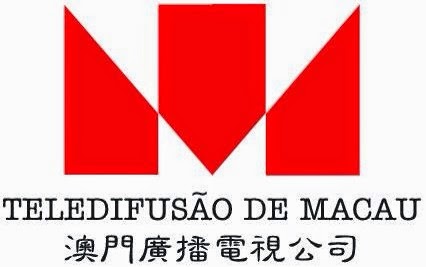
TDM’s first logo. Source: Macau Antigo blog
TDM’s first broadcast included the Macau Governor at the time, Almeida e Costa who proudly presents the new channel, elaborating in his speech about fears, doubts, skepticism, and enthusiasm, finishing his presentation by saying “Here is the (Macau) television”. It is said that only two days before this first emission, those working to get TDM on-air learned about the date for its debut.
Two years had passed since the creation of Teledifusão de Macau (Public Broadcaster), which had replaced the Emissora de Radio Difusao, from Portuguese broadcaster RTP. This was the main vehicle of information in Portuguese, along with other local radios in both Portuguese and Chinese such as the Police Radio, the Macau Radio Club and the Vila Verde.
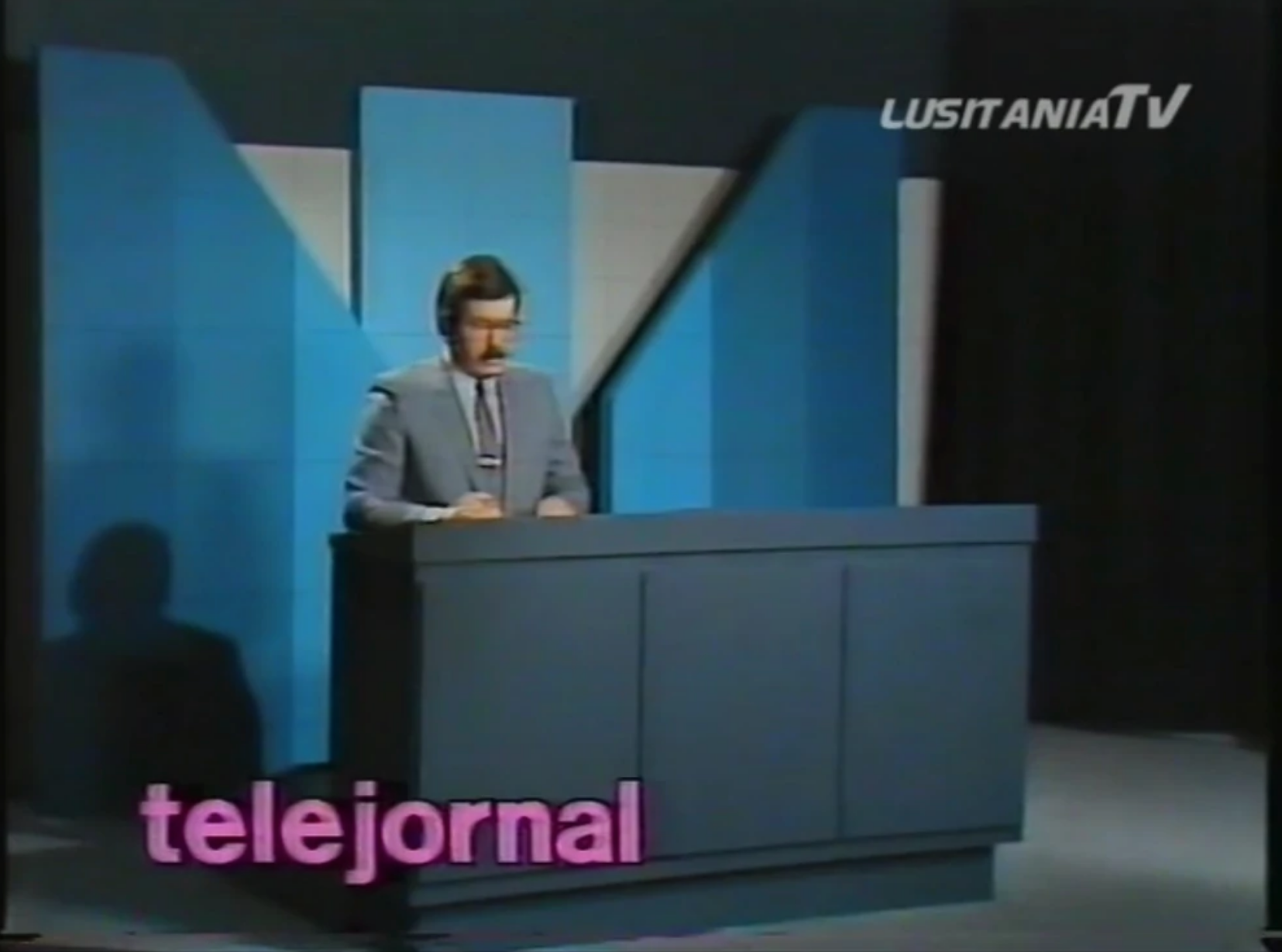
TDM News 1984-85. Photo credit: Bryan Maquito. Source: Wikipedia
In 1982, Rádio Macau, under TDM, started operation in Portuguese and Chinese, something that it still does until today. It was, in fact, this radio that opened the doors for the very much needed television channel. The lack of programs that reflected the local culture and reality became more and more serious. Additionally, those behind the creation of TDM wanted to give more to the people of Macau. TDM Channel is seen as the bridge between the Portuguese, who then ruled the city, and Chinese, a role now taken on by the city of Macau itself.
But there were fears and doubts cast over the recently formed company. In 1988, only four years after the beginning of the broadcast, TDM stopped being a public company due to scandals of corruption. This, however, did not end the television channel which was now an established brand in the city. After 49.5% of its shares were bought by private companies, it became a public-private company. TDM starts operations as a public-private company and two years later, in 1990, it grows stronger however, the only bilingual channel is now divided. Two channels are now on air: Chong Man Toi (in Chinese) and Channel 1 (in Portuguese).
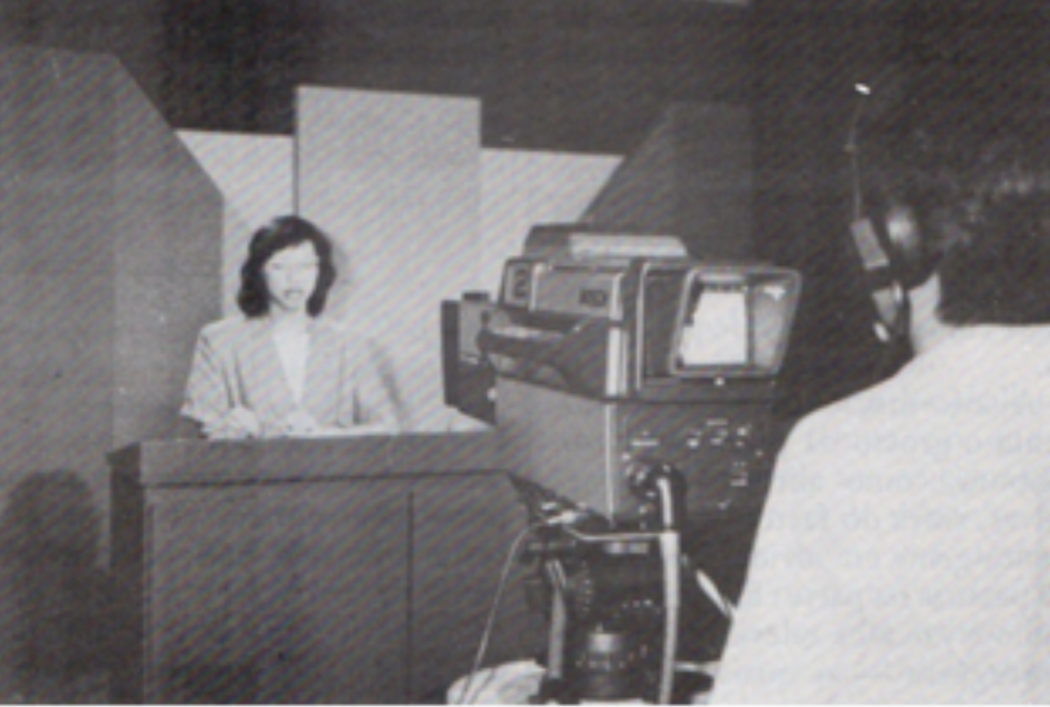
Photo from Nam Van Magazine (June 1984 edition)
Sixty years after the invention of the television–and twenty years after a first failed proposal to start a television station in Macau–TDM was born. Thirty-five years later, celebrated exactly this year, you can watch the news, special programs and live events in Portuguese, English, Cantonese, and Mandarin, on six different television channels. Music, news and special programs can also be heard on the radio in Chinese, Portuguese, Tagalog, and Indonesian. As a television station made in Macau, the broadcaster also has another vital role–it is part of the civil protection structure, being the primordial vehicle of information in case of natural disasters, operating non-stop.
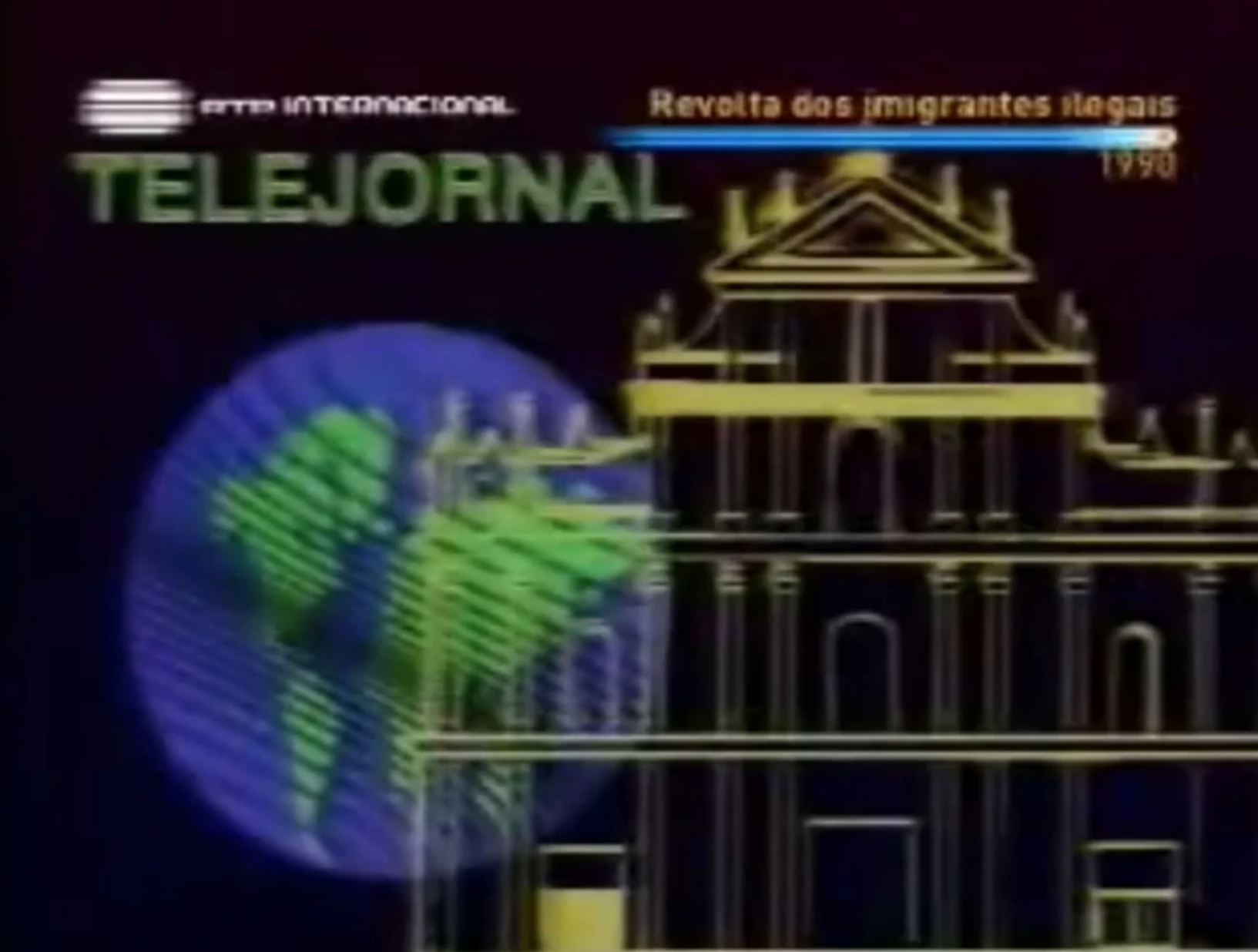
TDM News 1990-92. Photo credit: Bryan Maquito. Source: Wikipedia
TDM TV Broadcast Station 157 A Rua Francisco Xavier Pereira, Macau, +853 2851 9188, www.tdm.com.mo

